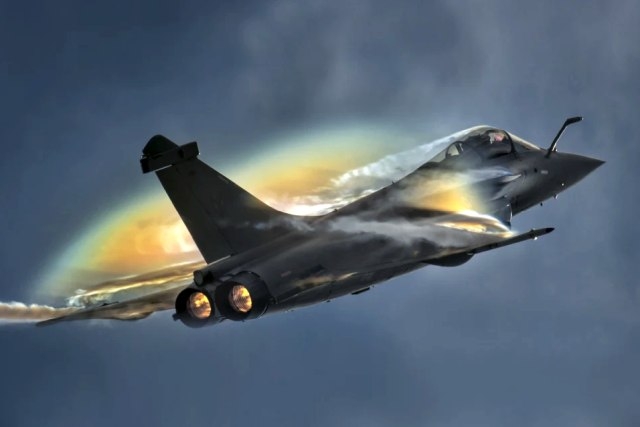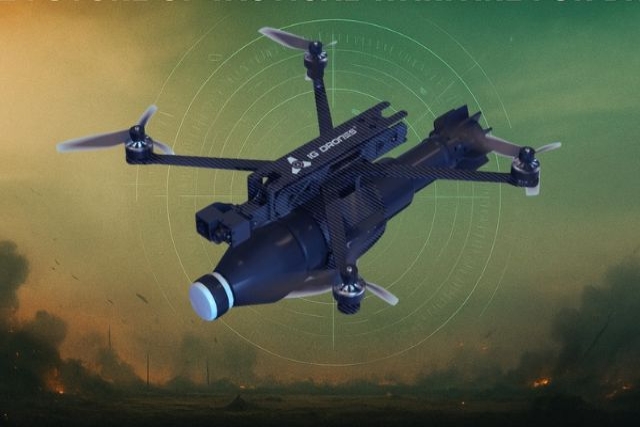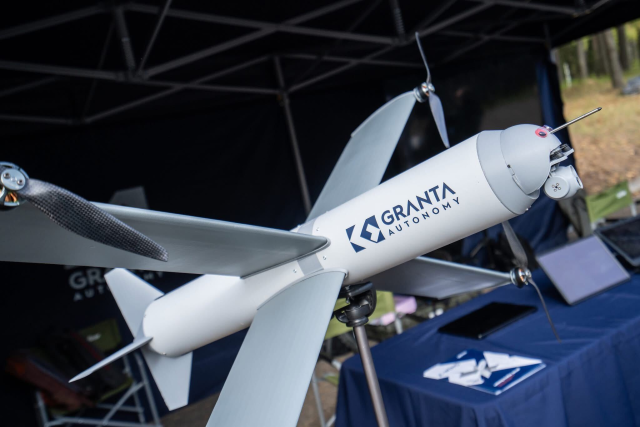Irkut MC-21 Presentation at Singapore Air Show 2018
Kirill Budayev, vice-president of Irkut Corporation, gave an update on the MC-21-300 new medium-range aircraft flight test program during the Singapore Airshow 2018 stating that flight tests confirm to the correctness of key design and production solutions.
Since the beginning of flight tests in late May 2017, the aircraft has carried out more than 30 flights. In October 2017, MC-21-300 made a non-stop flight from Irkutsk Aviation Plant (IAP) to the airfield of the Flight Research Institute, located near Moscow. Here, a modern testing base has been installed, on which the debugging and certification flight tests will take place.
Test flights take place at altitudes of up to 12,000 meters and speeds of up to 860 km/h. Maximum flight duration exceeded 6 hours, range - 4500 km.
The second experimental plane of MC-21-300 had been assembled at IAP and is being prepared for the first flight. The third and fourth experienced aircraft are in different stages of production. To obtain type certificate, some 1000 flights are needed to be performed of the prototype MC-21-300.
Applications for aircraft certification have been submitted to Russian certification authorities and EASA. According to current schedule, the Russian type certificate for MC-21-300 will be received in 2019, a similar EASA document - in 2020.
A significant volume of tests is connected with the wide use of composite materials in the construction of the MC-21 aircraft.
In December 2017, the composite wing caisson successfully passed the static tests, demonstrating a significant margin of safety as per the design loads.
The wide use of composites and other innovative solutions are intended to provide the aircraft of the MC-21 family with the superiority in performance and economy over existing narrow-bodied aircraft.
The composite high aspect-ratio wing greatly improves aerodynamics. Implemented innovations will allow to reduce operating expenses by 5-7% compared to the latest variants of popular narrow-bodied airliners of similar capacity.












